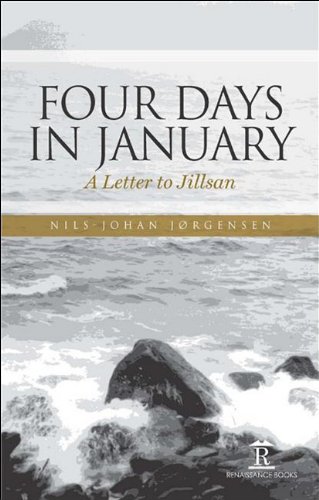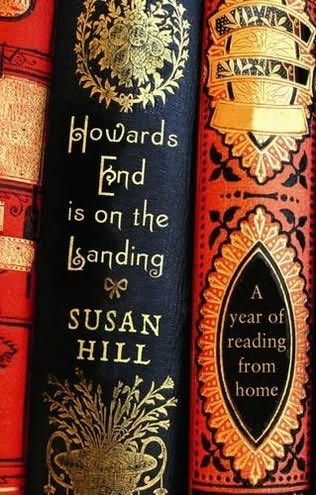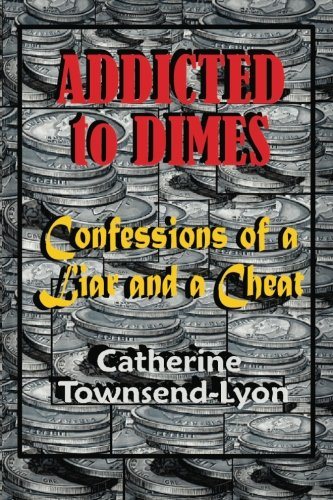 Back in 1996 I fell in love with the pop rock album, Coming Up, by Suede, said music used to keep me company when working nights a few years ago (and also whilst writing this review). Combining elements of bouncy pop, glam rock, and melancholy laden tracks, to give it a good balance, the album teeters between throwaway music and the poignant atmosphere of emptiness layered tunes.
Back in 1996 I fell in love with the pop rock album, Coming Up, by Suede, said music used to keep me company when working nights a few years ago (and also whilst writing this review). Combining elements of bouncy pop, glam rock, and melancholy laden tracks, to give it a good balance, the album teeters between throwaway music and the poignant atmosphere of emptiness layered tunes.
Seeing this book in the shops, it was a matter of chance that I chose to idly browse through – as well as hum one of the tunes from yesteryear – whilst waiting for the missus to finish shopping for makeup. Owing to a lack of blurb, and viewing the usual positive quotes with suspicion, I was pleasantly surprised with the writing style and how Anderson conveyed his story.
Although Coal Black Mornings stops short of the those commercially popular times for the band, this is a still very much worth the read even for those who have never heard of the band. Normally I wouldn’t pick up a book such as this but after having a brief peruse through, I was taken with the way Anderson expresses himself and his critical self-awareness.
The majority of the book is about the author’s early life which takes place in the poverty of a working-class English suburb. The band only begins to form towards the end of the book so there is plenty of insight into Anderson’s childhood and the way his experiences would go on to inform his lyrics and musical style.
The way this is approached was very effective, with honesty, and a lack of manufactured drama that so many memoirs of this ilk provide. I found it a compelling read due to its simplicity and erudite literary style. Although it is fair to note that as this is a book written for his son to understand his father more, there is little reference to the more showbiz part of the story with all its assorted vices. Continue reading “Coal Black Mornings – Brett Anderson”








